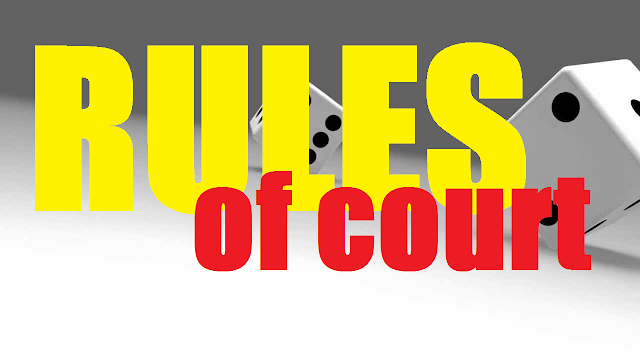Investigation NOT Waiver of State's Power of Immunity

SUMMARY: The state immunity is not waived only for the reason that the president created a commission to investigate the incident, or by the president’s act of joining a rally of the complainants. In effect, whatever may be the findings of the Commission, the same shall only serve as the cause of action in the event that any party decides to litigate his/her claim. Therefore, the Commission is merely a preliminary venue. The Commission is not the end in itself. Whatever recommendation it makes cannot in any way bind the State immediately, such recommendation not having become final and executory. This is precisely the essence of it being a fact-finding body. Secondly, whatever acts or utterances that then President Aquino may have done or said, the same are not tantamount to the State having waived its immunity from suit. The President's act of joining the marchers, days after the incident, does not mean that there was an admission by the State of any liability. In fact t...
































